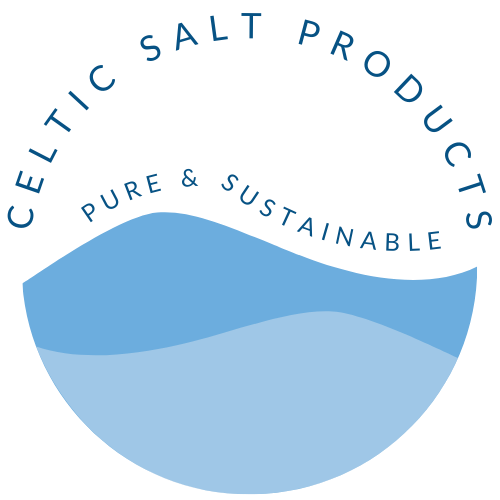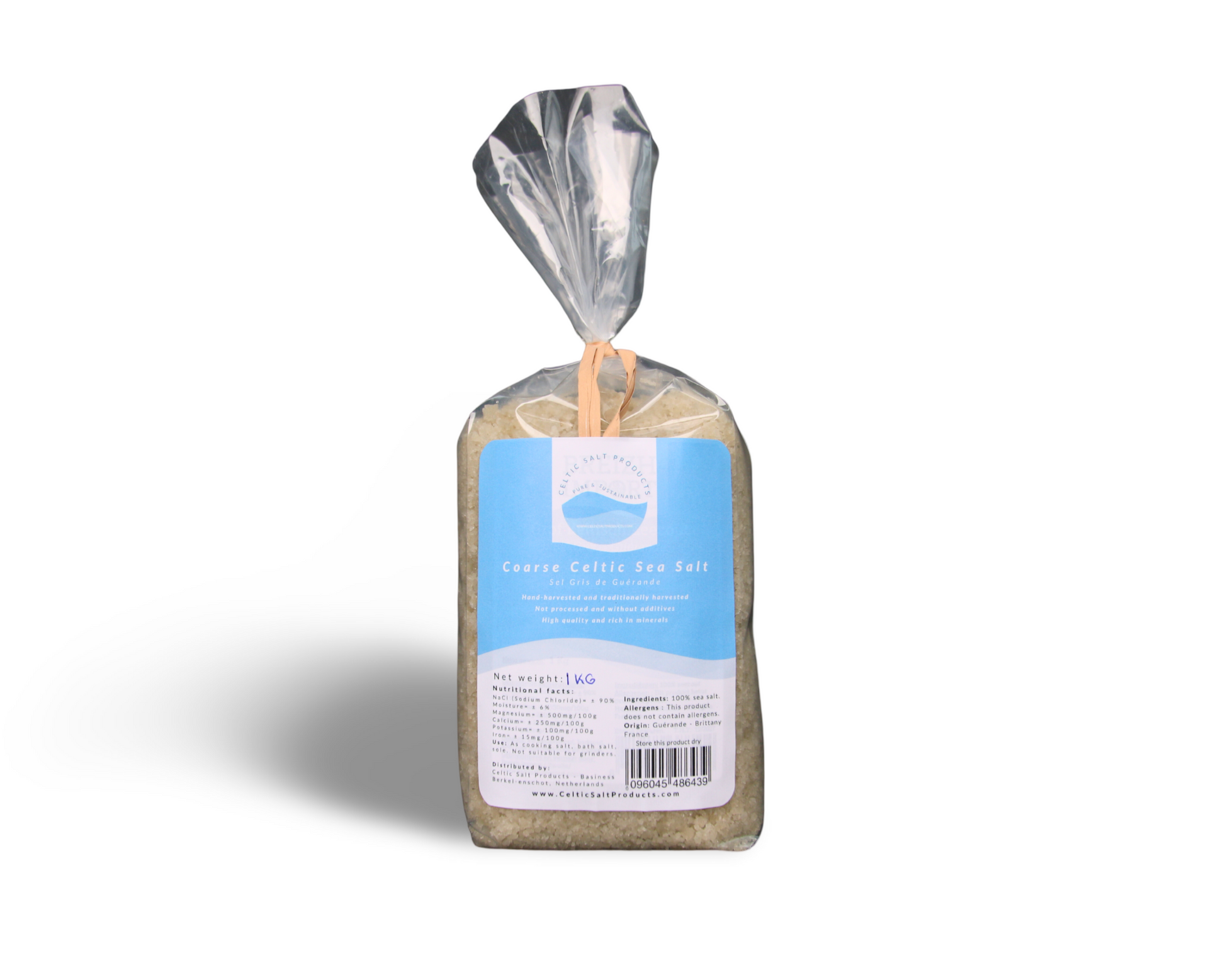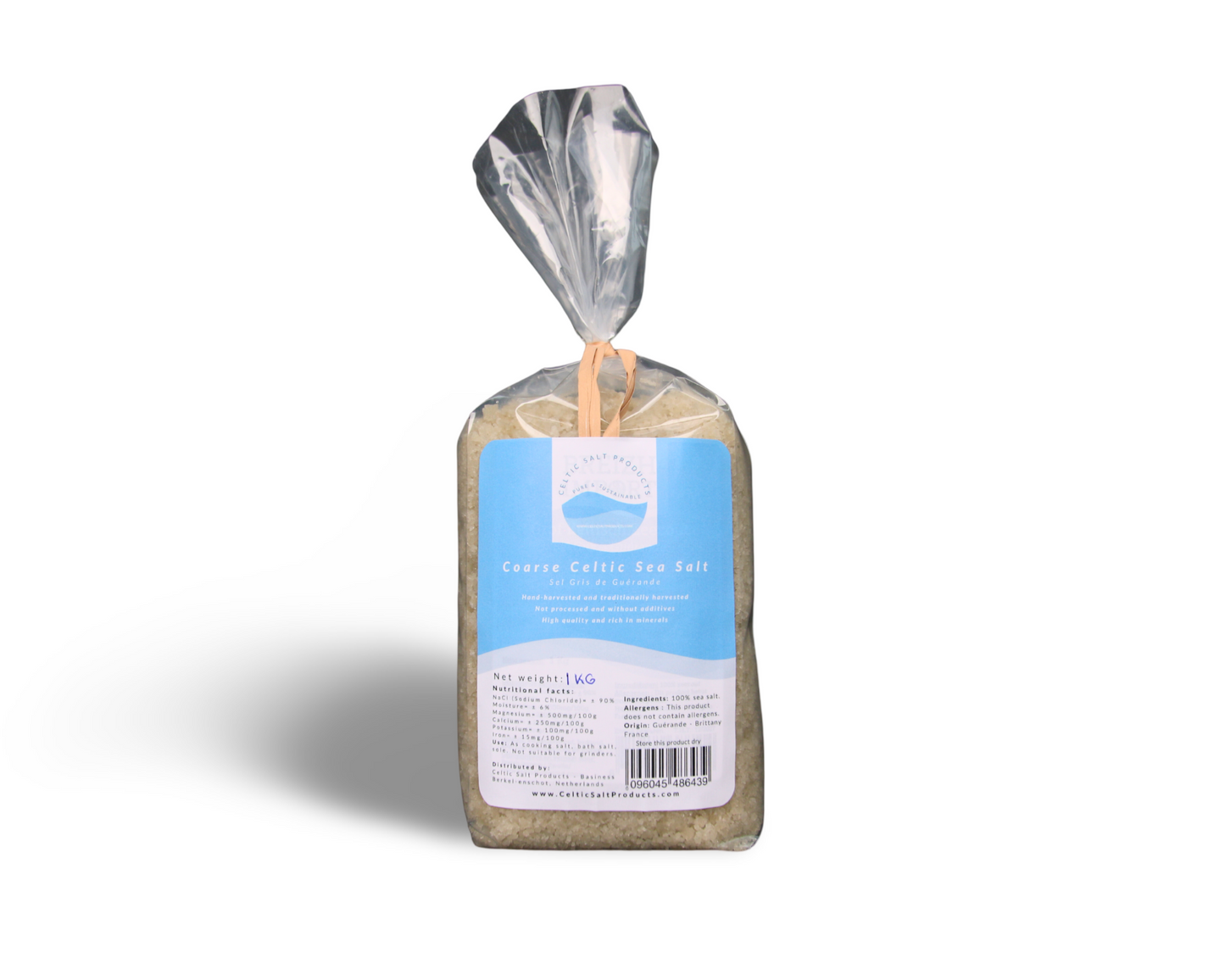In the world of culinary delights and health-conscious choices, Celtic Sea Salt has emerged as a popular alternative to regular table salt, celebrated for its taste and purported health benefits. This blog aims to shed light on the nutritional information of Celtic Sea Salt, helping consumers make informed choices about incorporating it into their diets.
1. What is Celtic Sea Salt? Celtic Sea Salt is a brand of sea salt that is harvested from the coastal regions of France. Unlike regular table salt, which is heavily processed and often stripped of its natural minerals, Celtic Sea Salt is sun-dried and minimally processed, retaining its natural spectrum of minerals.
2. Rich Mineral Content: The key aspect of Celtic Sea Salt's nutritional profile is its rich mineral content. It contains over 80 trace minerals, including potassium, magnesium, calcium, iron, zinc, and iodine. These minerals are essential for various bodily functions, such as maintaining fluid balance, nerve transmission, and muscle function.
3. Lower Sodium Content: Celtic Sea Salt is often cited for its slightly lower sodium content compared to regular table salt. This can be beneficial for individuals looking to reduce their sodium intake for health reasons, such as managing blood pressure.
4. Natural Iodine Source: Unlike table salt, which is typically fortified with iodine, Celtic Sea Salt contains natural iodine, which is crucial for thyroid function. However, the iodine content in Celtic Sea Salt is less consistent and lower than fortified salts, so it may not be a reliable iodine source for those with deficiencies.
5. No Additives: Celtic Sea Salt is free from additives and anti-caking agents often found in regular table salt. This makes it a more natural choice for those looking to avoid additives in their diet.
6. Hydration and Electrolyte Balance: The balanced spectrum of minerals in Celtic Sea Salt can aid in hydration and maintaining electrolyte balance, especially after physical activity or sweating.
7. Culinary Uses: With its distinct flavor and texture, Celtic Sea Salt is a favorite among chefs and home cooks. It can be used in cooking, baking, and as a finishing salt to enhance the flavor of various dishes.
8. Moderation is Key: Despite its healthful properties, it’s important to remember that Celtic Sea Salt is still salt. Consuming it in moderation is essential to maintain overall health, especially for individuals with salt-sensitive conditions.
Conclusion: Celtic Sea Salt offers a more natural and mineral-rich alternative to regular table salt. Its rich mineral content and lack of additives make it a favorable choice for health-conscious individuals. However, like all salts, it should be consumed in moderation as part of a balanced diet. Understanding its nutritional profile can help consumers make informed decisions about using Celtic Sea Salt in their daily cooking and dietary practices.


